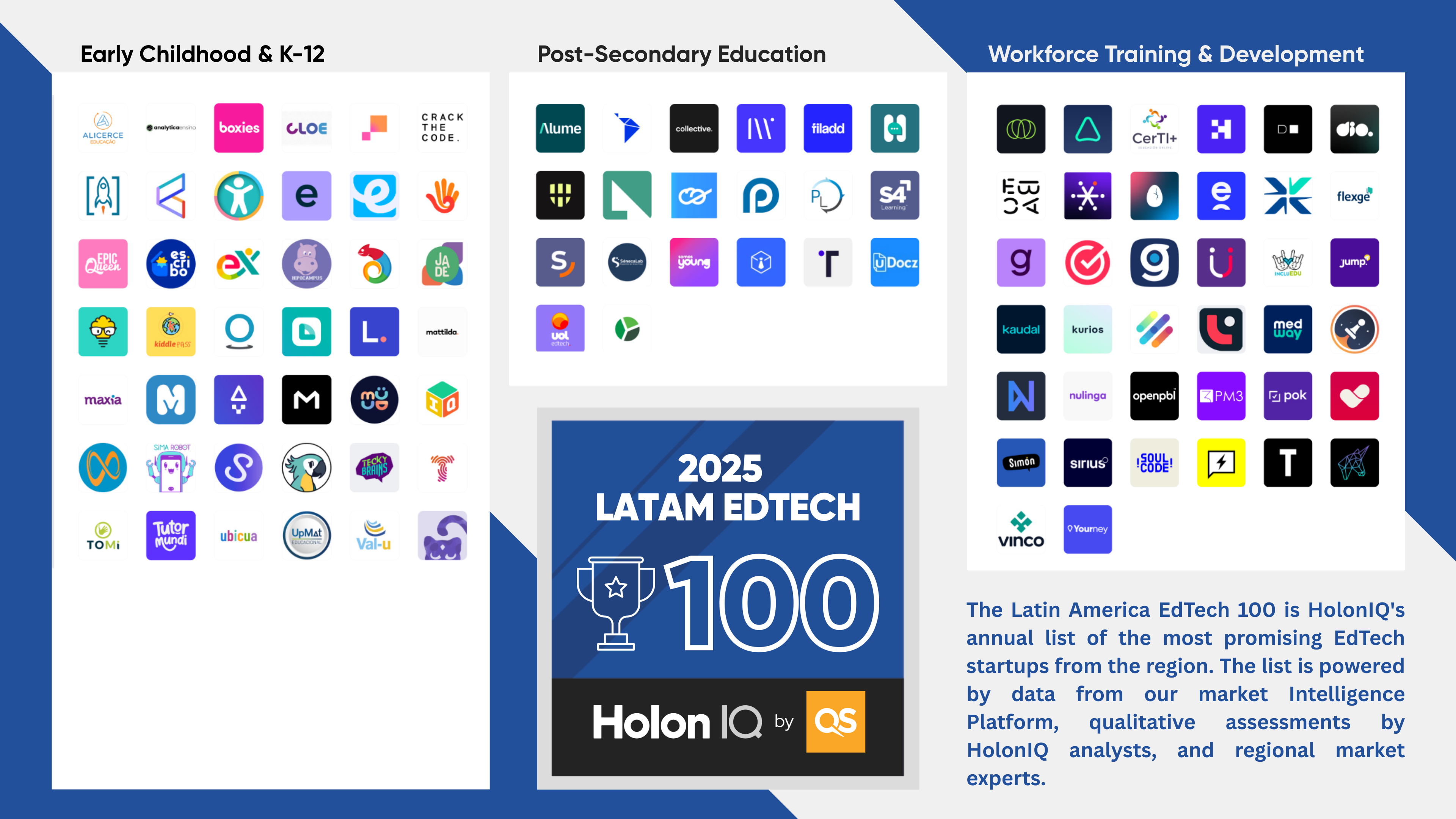200 Health startups have achieved Unicorn status in the last 10 years. 53 escaped the herd and have exited (43 via IPO/SPAC), leaving 147 behind. HolonIQ’s Q2 2023 mark-to-market scenario values 78 of those 147 companies at less than $1B in today’s market, leaving just 69 above threshold. 73% of the 43 IPO Exits are trading below 50% of IPO Valuation with 40% trading below 20% of IPO Valuation.
As of 27 March 2023 there are 147 Health Unicorns around the world who were collectively valued at $335B at the time of their last funding round. As a cohort, these Unicorns represent some of the sector’s most exciting enterprises, providing beacons of hope for the future direction of innovation in the health market.
As we brace for further impact from the global economy, post-pandemic normalization and cross-border turbulence, maintaining the momentum built by these pioneering organizations will be crucial to the sector but there must also be a re-evaluation of the status of the Health Tech Unicorn cohort as the market adjusts to changing circumstances.
In HolonIQ’s Q2 2023 Outlook, our Health Intelligence Unit stress tested the 147 Health Unicorns against a mark-to-market valuation scenario (M2M). The M2M scenario considered public and private valuations across both time and model/category to ensure that the re-valuation scenario was sensitive to market timing and model/category multiples.
Figure 1. Health Unicorn Valuation - Mark-to-Market Scenario Impacts

The left hand chart in Figure 1 shows the total count of Health Unicorns today, segmented by their home category on HolonIQ’s Open-Source Global Healthcare Landscape. The colored count shows the total number of companies in that category that had a valuation at or greater than $1B USD, the Unicorn threshold. The hatched count on top of the colored segment, shows the total number of companies that have completed a funding round valuing the company at or greater than $1B USD, but in HolonIQ’s M2M scenario, reflected a mark-to-market valuation less than $1B USD. Of the total 147 companies, 69 remained above the $1B threshold in the M2M scenario (represented in colored bars) and 78 fell below the threshold (hatched bars).
The right hand chart in Figure 1 shows the total valuation of Health Unicorns today, again segmented by the Global Healthcare Taxonomy and whether or not the companies represented in the colored and hatched sub-totals reached the threshold valuation in the M2M scenario. The total 147 companies were collectively valued at their last respective funding rounds at $335B, however the total drops to $181B for all 147 companies in the M2M scenario.








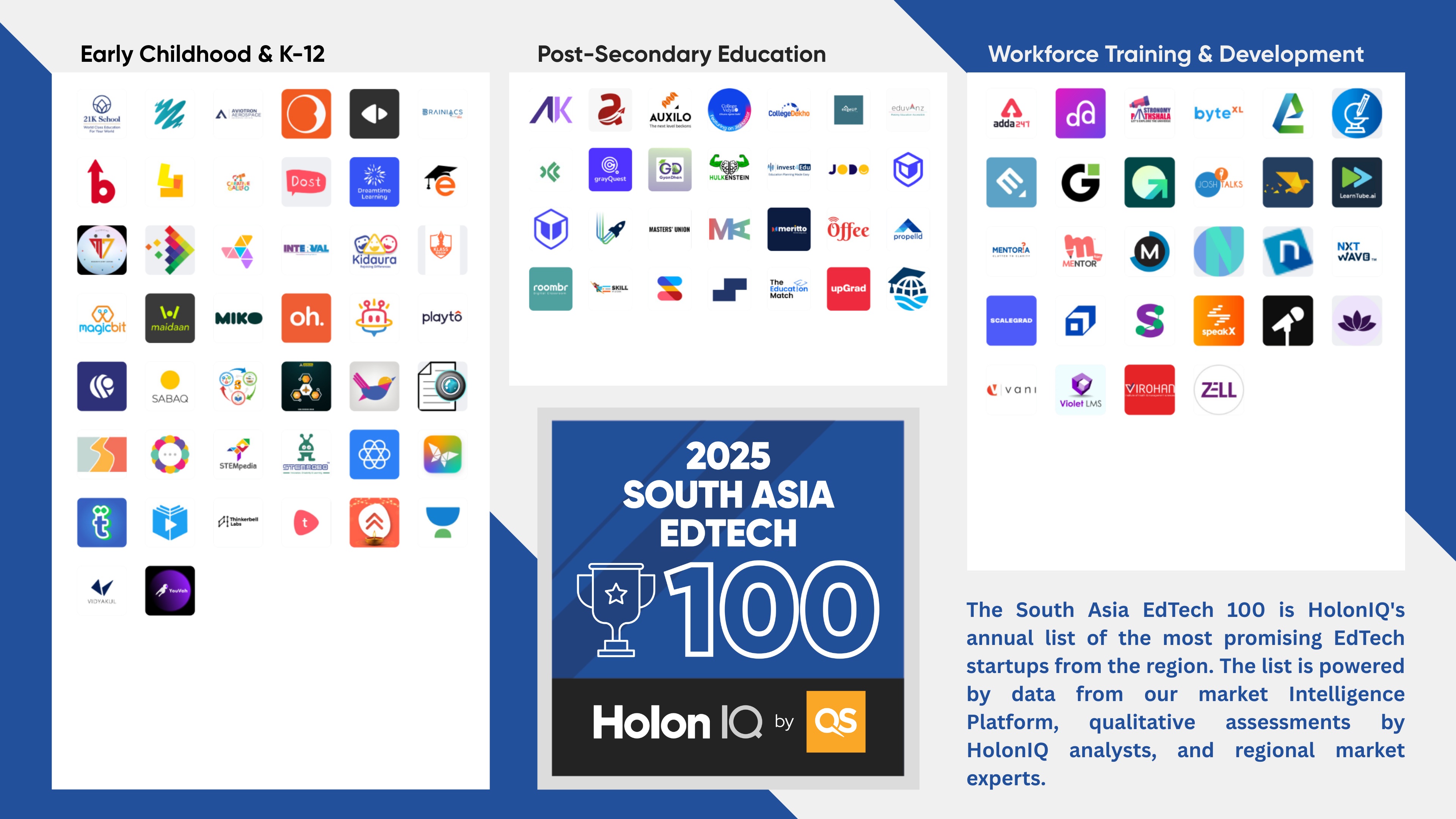
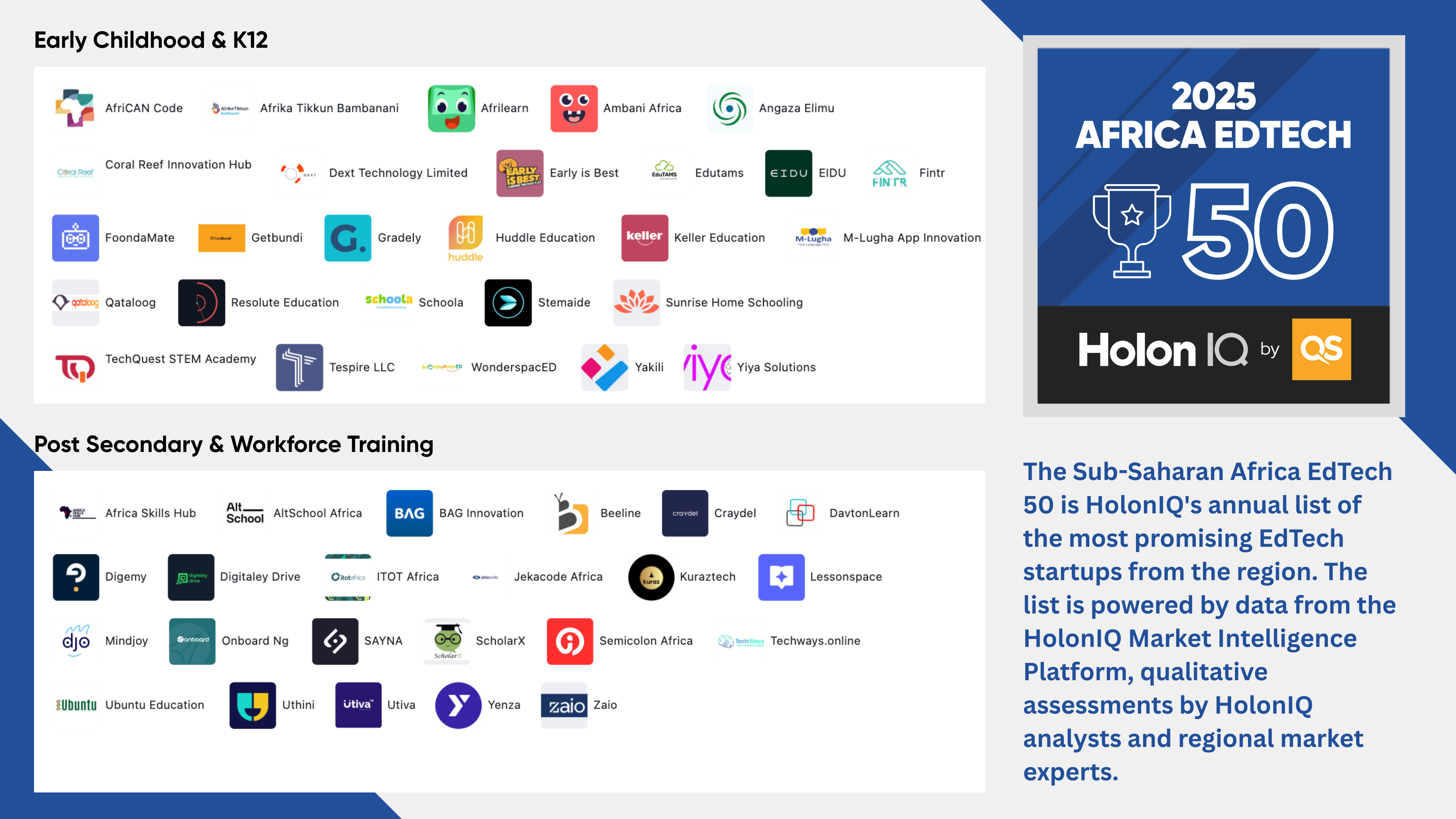
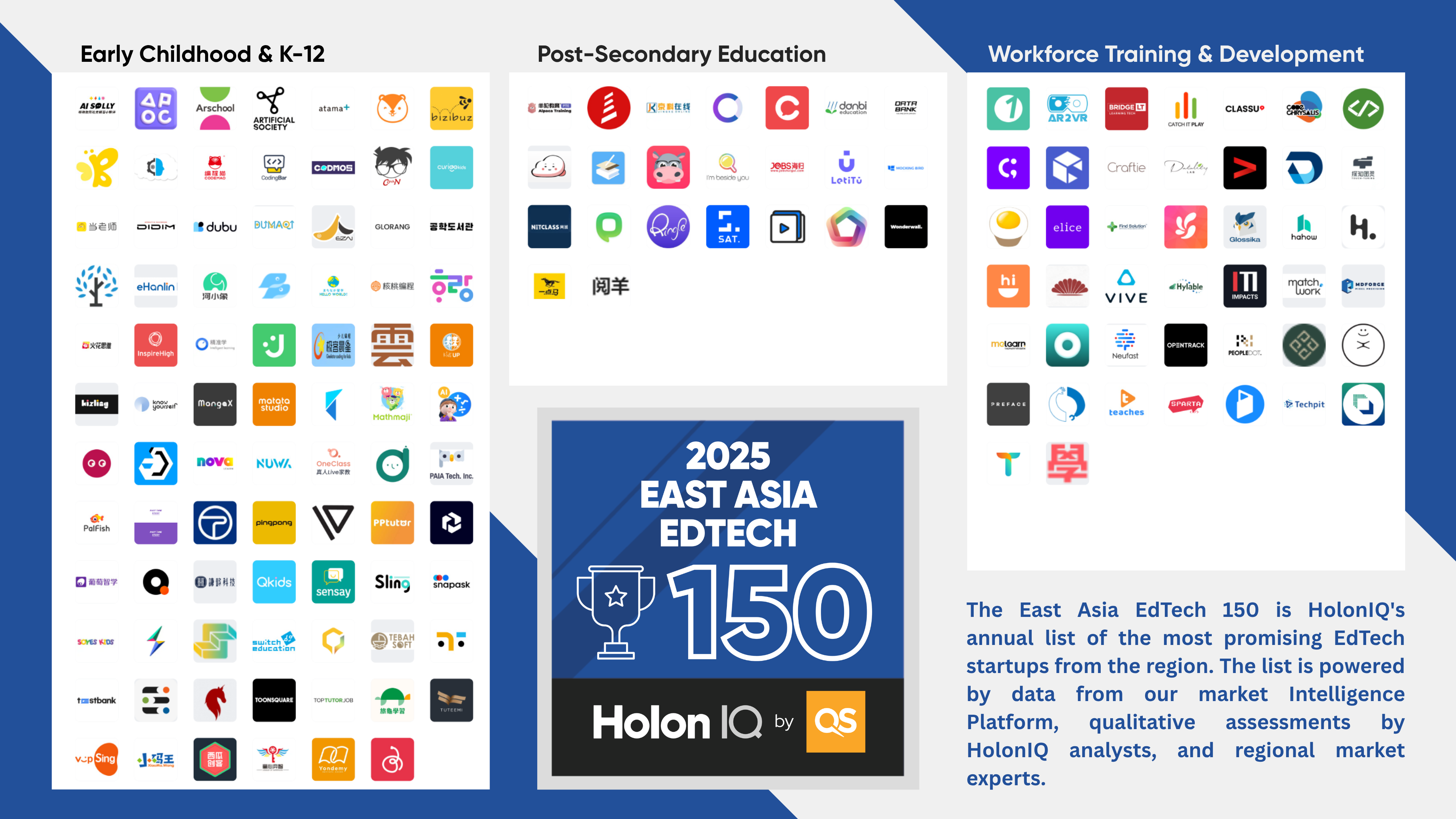
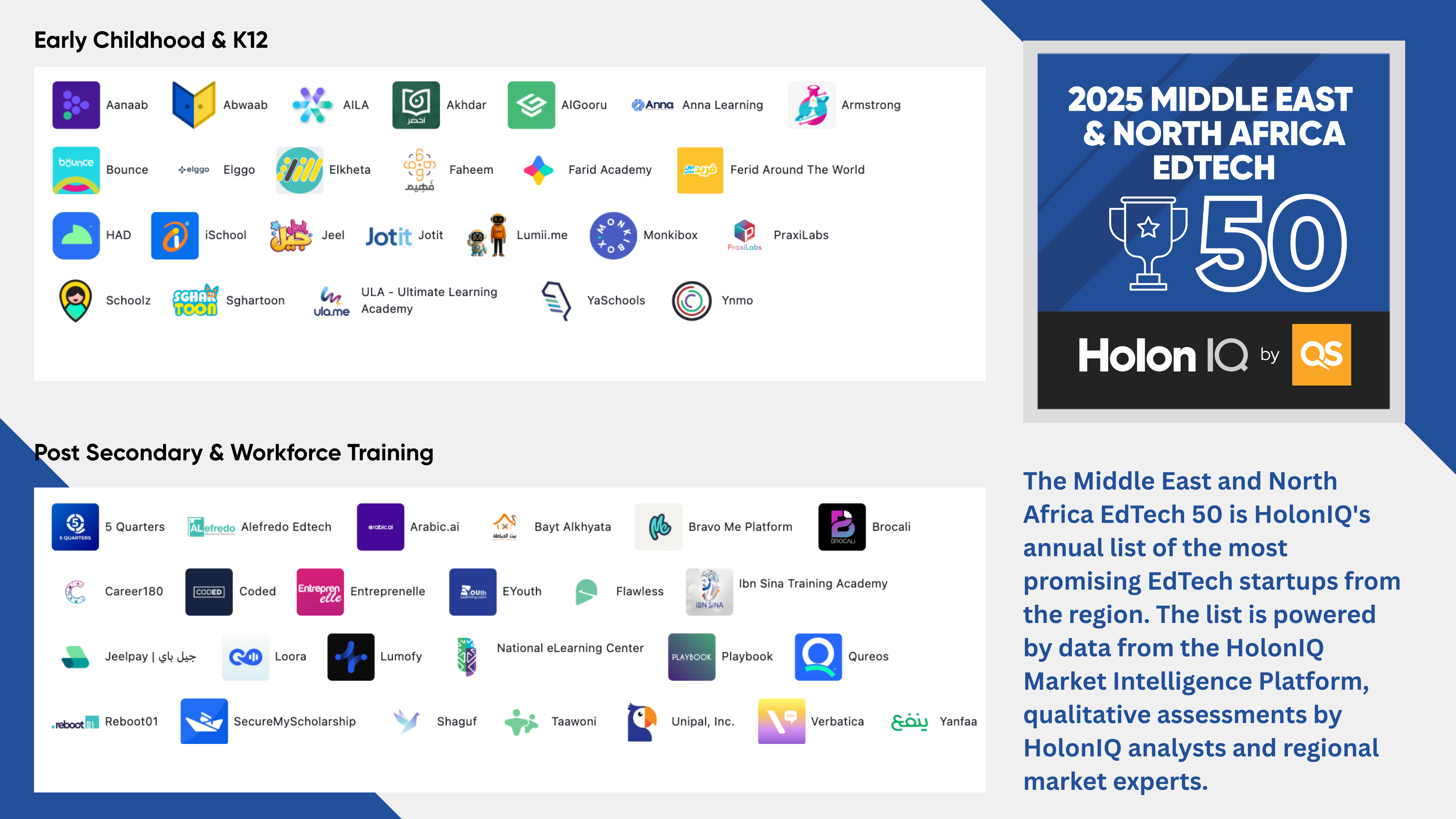
.png)
